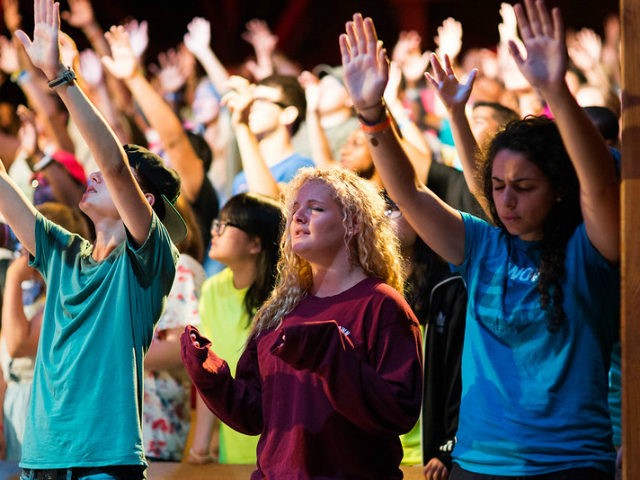Belgium’s Minister of Justice Vincent Van Quickenborne will meet with religious leaders Wednesday to work out more equitable coronavirus restrictions, following a court ruling that found current measures “disproportionate.”
On Tuesday, the Council of State — Belgium’s highest administrative court — ordered that the Belgian state modify its prohibition of public worship no later than December 13. Religious services are currently limited to five people for marriages and 15 for funerals, with no public Masses allowed whatsoever.
“The ministerial decree of October 28, 2020 laying down emergency measures to limit the spread of the COVID-19 coronavirus prohibits the collective exercise of worship, except in three strictly limited cases,” the court noted.
The measures constitute a “disproportionate restriction of religious freedom,” the court ruled, following an appeal from members of the Jewish community in Antwerp. Religious groups had also complained that people were allowed to go on nonessential shopping sprees but could not attend Sunday Mass.
Member of Parliament Michael Freilich applauded the judgment of the Council of State. “A ban can no longer be justified when non-essential shops, swimming pools and museums are open,” he said in a statement. “The judges recognize freedom of religion as a core value and accept the argument that one should also be able to experience this collectively.”
England’s faith leaders have united in calling on the UK government to permit public worship during the forthcoming lockdown in England, insisting that such worship is “essential.” https://t.co/FohO0VnRAE
— Breitbart News (@BreitbartNews) November 3, 2020
Minister Van Quickenborne said he hoped to find “the right balance between freedom of worship and public health,” in Wednesday’s meeting with faith leaders.
“If you look at the numbers today, there is no room for major easing,” he warned. “We are not going to tinker with the rules for spending Christmas at home. That was already decided by the government.”
The decision of Belgium’s Council of State echoes that of France’s high court, which similarly ruled that the government’s 30-person limit on public worship constituted a “disproportionate” measure.
In its decision, the judge for the Council of State ordered the government to modify the limit, declaring that the ceiling was “disproportionate with regard to the objective of preserving public health” and that the French government “had committed a serious and manifestly unlawful attack on the fundamental freedom which is the freedom of worship.”
France’s new measures require leaving two seats free between each person or family unit and leaving every other pew completely empty.

COMMENTS
Please let us know if you're having issues with commenting.